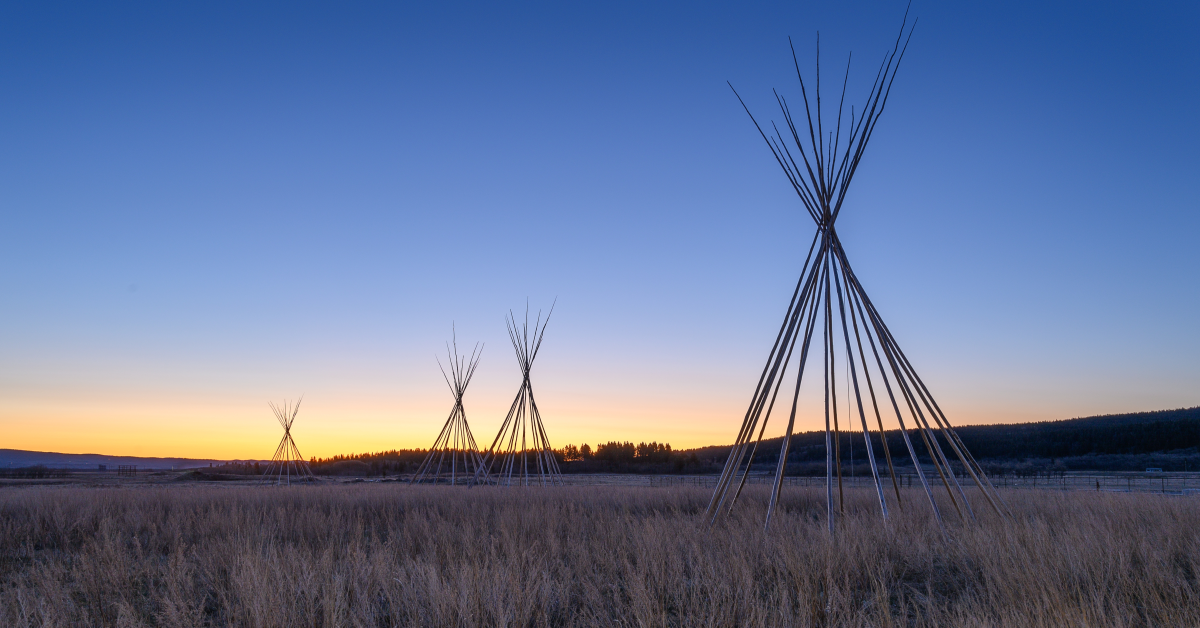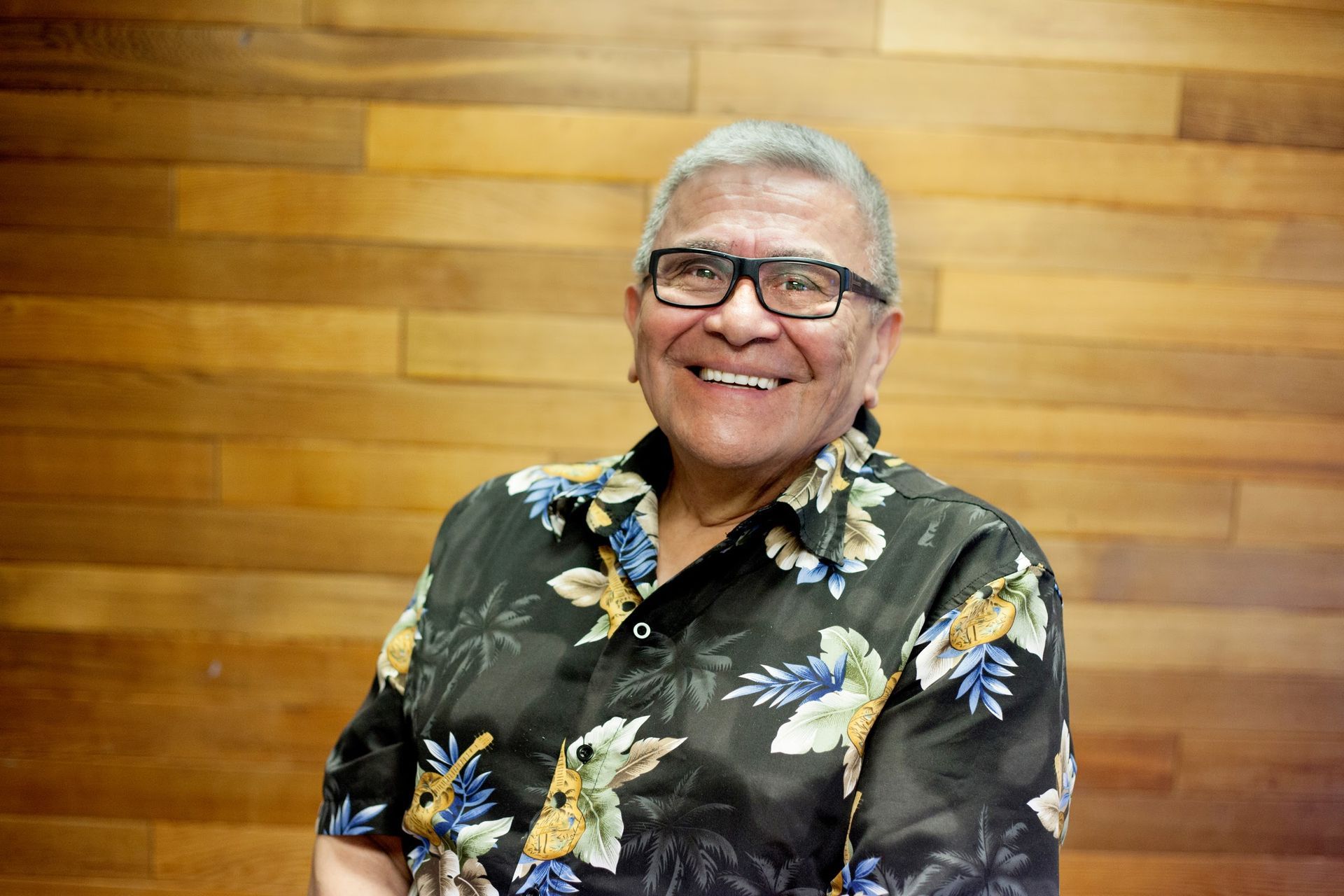
A Message of Hope From Chief Dr. Robert Joseph

The Truth and Reconciliation Commission of Canada spent 6 years traveling across the country interviewing more than 6500 witnesses and survivors of the residential school system. In 2015 they released a series of reports outlining the horrible crimes committed against Canada’s Indigenous Peoples in the residential school system, along with 94 calls to action.
The full reports can be accessed here HERE.
We recognize that many organizations and their employees are at different stages on their path to reconciliation. We encourage our community to continue the discussions with those around them.
In August 2022, CPHR Alberta had the privilege of interviewing Chief Dr. Robert Joseph , a Hereditary Chief of the Gwawaenuk First Nation and Ambassador for Reconciliation Canada. We intended to interview him on what Albertan businesses can do in addition to land acknowledgments, and what the state of reconciliation is in Canada. Turns out that in his experience, most Canadians want reconciliation and Albertan businesses are ahead of the curve. For these reasons, this quickly became an interview about hope.
About Chief Dr. Robert Joseph
Chief Dr. Robert Joseph acted as a Ceremonial House Speaker and is the recipient of many honorary degrees and awards, such as the Diamond Jubilee Medal which was presented to him by the Governor General of Canada. He was also an honorary witness to Canada’s Truth and Reconciliation Commission (TRC) and has met with many world leaders from countries such as Japan, South Africa, the United States, Israel and more. Here are some of the questions we asked him:
1. What is your overall opinion of land acknowledgments?
“ Land acknowledgments are a prompt to ask all others who hear these land acknowledgments to become interested. They are the first ever introduction for many to suddenly realize there’s an issue that’s ongoing that will be resolved through reconciliation. We need to always be reminding each other of the history we share together, of the brokenness and despair that was caused by colonization. If we can rediscover our commonality and common humanity, all sides can appreciate the idea of equality, of belonging and that we (Indigenous Peoples) are not sub-human.”
2. Do you believe that most organizations do anything beyond land acknowledgments?
“Some companies may take advantage of it, but for the most part, I know that in all of the land acknowledgments I’ve heard, there have been various degrees of work underway promoting and encouraging reconciliation. It’s more than you think. We always hear the critics and naysayers louder than everybody else, but reconciliation is happening across the country and I’m so proud that Canadians have taken up the call to engage and to discover what reconciliation means.”
3. What level of responsibility do you believe private companies and non-profits have?
“ To my amazement and gratitude, corporations and other public organizations have responded really well and have done better than the government in many instances. When the government interacts with Indigenous People it’s political, and it’s based on political analysis. If companies like yours and other organizations or civil societies engage where we are actually talking to each other and are creating deeper meaning and appreciation for each other, that is when transformation begins to take place.
Because you really can’t trust politicians, they break their word every day, they break treaties historically, everything. But if you and I can create a covenant between us that is deeper than politics, and is somehow spiritual in nature, we have a good chance of having a really great country reconciled.”
4. Have you noticed anything unique in how Albertan businesses approach truth and reconciliation?
“I hate to brag about Alberta, because I’m from British Columbia, but in the times that I’ve been to Alberta and talked to CEO’s and civil groups, (early in the release of the commission report) I found that businesses in Alberta were thinking seriously about what reconciliation might mean for them.
You know, one morning I went to a breakfast meeting with about 600 volunteers and I thought ‘holy crow what’s going on in Alberta? All of these people must have gotten up at 4 in the morning to get to this meeting and are all interested in hearing more about reconciliation!”
5. If Albertan businesses are ahead of the curve, why do many believe that they aren't doing enough?
“Reconciliation has taken root in Canada, yet we hear nay-sayers all the time. They are the loudest voices. They say reconciliation is dead. Well, I beg to differ. Reconciliation is alive and well and is rooted deeply now in our psyche. I always remind myself of a poll that was taken after the release of the Truth and Reconciliation Report that said more than 8/10 Canadians wanted to reconcile with Indigenous Peoples. 84% to be exact.”
6. What Can Businesses do to Foster Truth and Reconciliation?
“ I think there are some things that employees can do: They can start reconciling at home . Starting with their parents and families, and begin to reconcile things that have been pent up between them.
What’s important is that you start with you. When you learn how you as an individual are reconciled, adopt that as a core value and apply it in your life. Ideally in the workplace, everyone would be a family, yet people get little time or room and are too busy to even talk to each other about these very important, sometimes very personal matters involving separation, division, hurt or harm. It’s important, even in the workplace, to discuss these matters.
Employees can also reach out and engage with nearby indigenous communities to encourage mutual gatherings. If there’s a Powwow they should call up and say ‘we aren’t indigenous, but could we attend?’ Maybe they can collaborate on social events together. It’s really about taking down fences .”
According to Chief Dr. Robert Joseph, we must reconcile with ourselves before we can find community and reconcile with others.
In this interview, Chief Dr. Robert Joseph provided us with a powerful tool: HOPE. He reminds us that most Canadians want reconciliation and that Albertan businesses are doing a great job at moving towards it. As community-focused as his advice is, it’s also empowering to the individual. This isn’t just about what your HR department can do, it’s about what you can do. It’s about reconciling your personal relationships, having important conversations with others, leading with love and doing the right thing.
We will leave you with this special quote that Chief Dr. Robert Joseph prepared for us:
“When we are reconciled, Canada will be whole and not divided. We will all belong to this time and place together. Walking together, without marginalization. Every child born will have the same potential and opportunity. I see a Canada that celebrates the depth and breadth of its diversity. Everyone has value, everyone has a purpose, and all will share in the prosperity and the wealth.”
To learn more about reconciliation, check out Chief Dr. Robert Joseph’s new book titled “NAMWAYUT - WE ARE ALL ONE: A PATHWAY TO RECONCILIATION”.
The views and opinions expressed in this blog post belong solely to the original author(s) and do not necessarily represent the views and opinions of CPHR Alberta.






